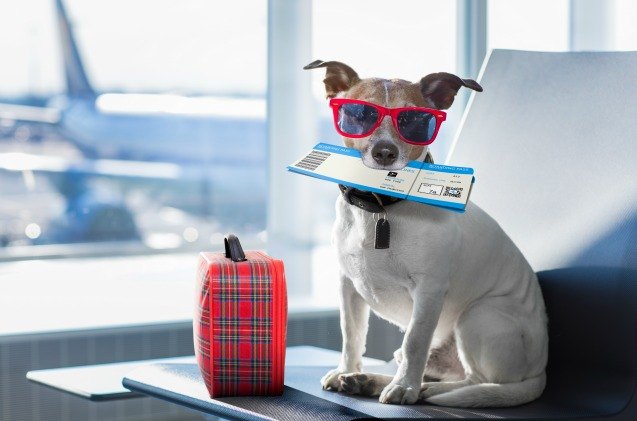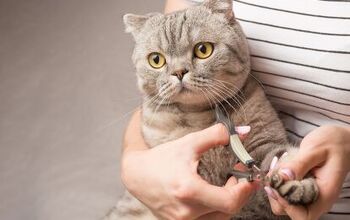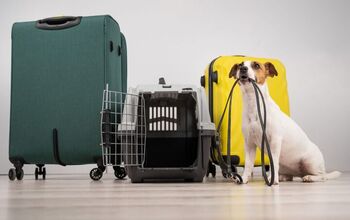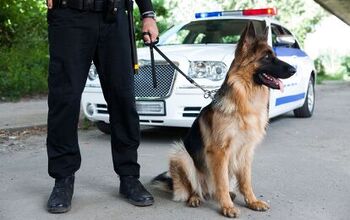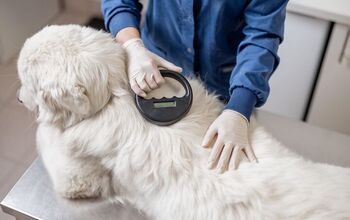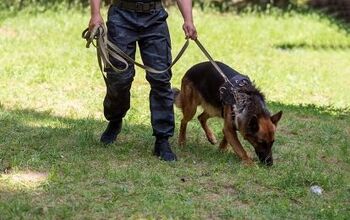“Brexit” May Make Traveling With Pets in UK More Difficult

Great Britain has been part of the European Union since 1973, with confirmed membership in 1975. In March of this year, the voters of England decided to leave the European Union, coining the Big “Brexit” term and leaving many Brits (and the world) wondering just what this will mean and what it will look like.
Related: The Claws are Out as England Battles Russia for ‘World’s Best Cat’ Title
With England no longer part of the EU, travel that was once super easy to invoke will now be quite a bit harder, and particularly for those with pets. As of now, a pet can go between many European Union countries and England exists, but without a new deal, the EU negotiator Michel Barnier warned that dogs and cats would not be able to cross the Channel as they had so easily before.
Such a deal would include provisions for quarantine and microchipping regulations, as well as pet passport guidelines. Currently, dogs, cats and even ferrets are able to go back and forth between England and European Union countries, including Greenland, Iceland and Switzerland with ease, but Brexit could make that difficult if no deal is made before the actual exit occurs.
The European Union now uses a list of countries (and non-) based on the country’s surveillance and reporting systems for pet infectious diseases when a country does not issue pet passports, or have one from the EU. Pets from countries like the US, Japan and Russia (all listed countries) now still have to fill out paperwork and have health certificates from their veterinarians if they want to escape quarantine or blood tests for their pets when crossing borders. Typically that includes a rabies test that is within three months of the date of travel.
Related: Dog Travel Essentials: What to Pack for Your Dog
As those countries typically have travelers go back and forth as many do in the United States do due to proximity, unless a deal is made that makes provision for pets to go back and forth through borders easily, other pets crossing from the EU into Britain may see the same difficulties.

More by Lori Ennis



